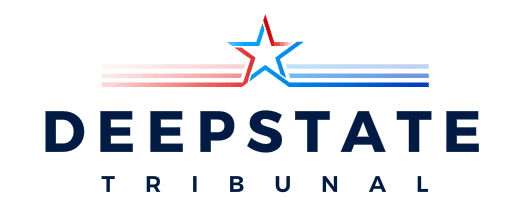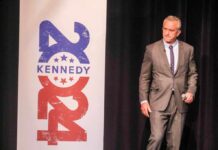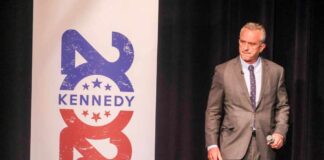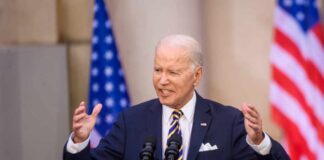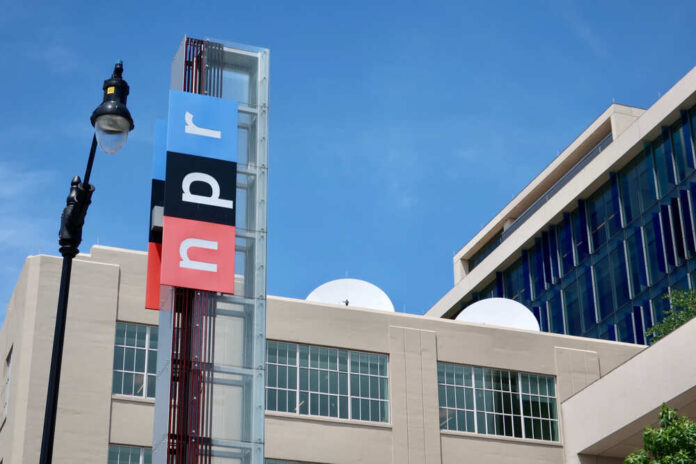
After being labeled as “government-funded” media by Twitter, National Public Radio (NPR) announced it would cease posting content on the platform. NPR’s decision was met with backlash, most notably by Twitter CEO Elon Musk, who called for defunding the news organization.
“Defund NPR,” Musk tweeted, along with an email screenshot showing NPR’s declaration to leave Twitter. In the email, NPR expressed concerns that the “government-funded” label would cast doubt on its editorial independence and undermine its credibility.
Defund @NPR
— Elon Musk (@elonmusk) April 12, 2023
As NPR departs Twitter, it has opted to promote its content on alternative social media platforms, including the Chinese-owned TikTok. TikTok, owned by Beijing-based company ByteDance, has faced scrutiny for its connections to the Chinese Communist Party (CCP) and user data collection, including biometric information such as faceprints and voiceprints. This raises questions about NPR’s priorities and principles after its departure from Twitter.
Despite being labeled “government-funded” by Twitter, NPR contends that this label is “inaccurate and misleading.” However, it simultaneously admits receiving less than 1% of its $300 million annual budget from the federally funded Corporation for Public Broadcasting. This apparent contradiction in NPR’s argument has been met with skepticism.
While NPR’s break from Twitter has made headlines, it should be noted that the news organization has been criticized for its perceived bias.
In the lead-up to the 2020 US presidential election, NPR was embroiled in controversy over its decision to suppress coverage of the Hunter Biden laptop story. Critics argued that NPR, a trusted public news source, used censorship to protect then-candidate Joe Biden. The laptop contained a massive trove of incriminating emails, photos and other documents. Still, it was initially met with skepticism from NPR and other media outlets. However, subsequent investigations have since validated the laptop’s authenticity, raising questions about the role of media in shaping public discourse.
NPR’s handling of the story underscores the ongoing debate surrounding journalistic integrity, the responsibility of news organizations to report objectively, and the impact of political bias on public trust. As the media landscape evolves, grappling with these challenges will be critical to ensuring transparent, fact-based reporting.
In light of these events, Musk’s call for defunding NPR has resonated with many who are critical of the organization’s perceived left-wing bias and its decision to prioritize platforms like TikTok over Twitter.
